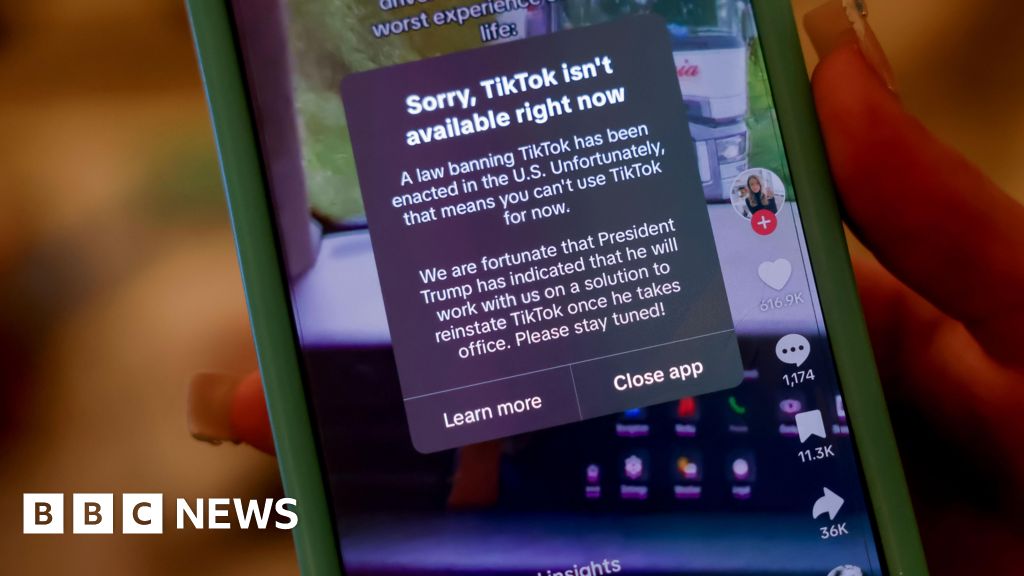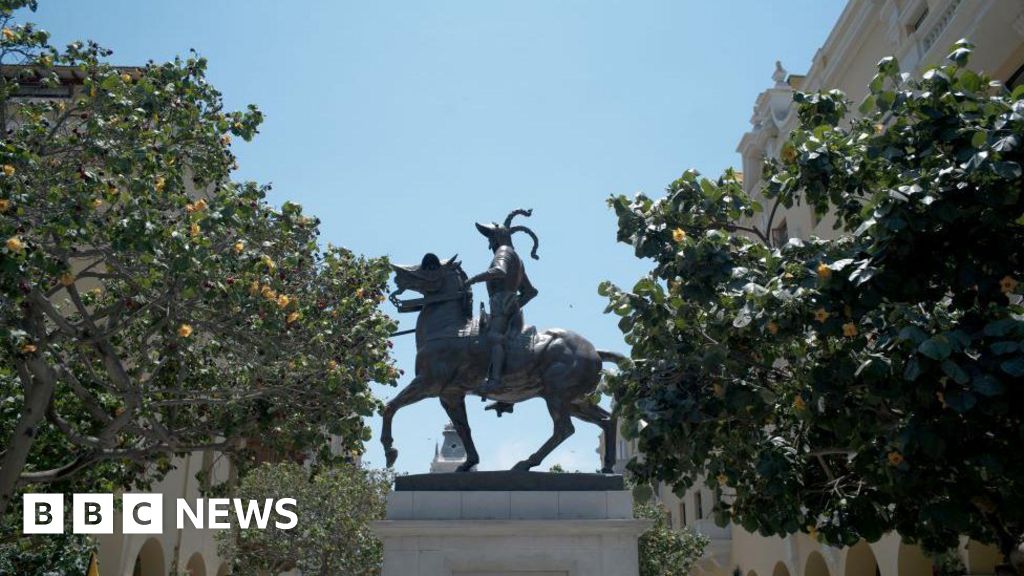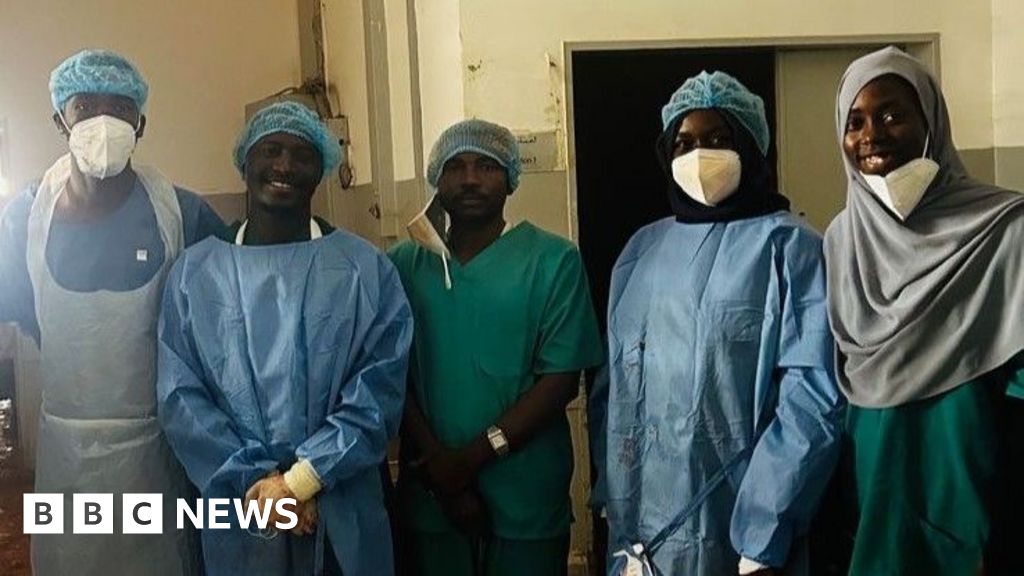ARTICLE AD BOX
By Sharanya Hrishikesh
BBC News, Delhi
Image source, AFP
Image caption,Government incentives are common in India
After a slow start, India's Covid-19 vaccination drive has hit some promising milestones over the past few months.
Though the programme will miss its first, over-ambitious deadline of universal vaccination by 31 December, more than 85% of eligible Indians have been partially vaccinated till now. Over 55% have received both jabs.
But that still leaves millions - including many who are more vulnerable due to their age - at risk, especially with the new Omicron variant fuelling fears.
To draw people to vaccination centres, some Indian states have been offering unusual incentives.
In the western state of Gujarat, a municipal corporation offered a litre of cooking oil to vaccine takers and found that it worked well, especially among the less well-off.
In the capital, Delhi, having vaccinated parents could boost a child's chance to get into a good pre-school, a notoriously difficult task.
Nudges like these aren't new in India, where millions are dependent on state welfare programmes, administered by a vast bureaucracy.
But even then, one announcement stood out.
On 23 November, a local official in the central state of Madhya Pradesh announced a 10% discount on alcohol for people who had received both vaccine doses.
A day later, the order was withdrawn after a lawmaker from the governing Bharatiya Janata Party pointed out it could encourage alcohol consumption.
The district official's attempt, says epidemiologist Chandrakant Lahariya, was a "perverse incentive" - one that would probably achieve its short-term objective, but at an unintended cost.
But it also underlines the challenge before India's government as it attempts to achieve universal adult vaccination.
The supply bottlenecks that slowed down the drive in the initial months seem to have been fixed, agree experts.
But they say it's hard to pinpoint just one reason for millions still remaining unvaccinated.
"Having a vaccine supply pipeline does not automatically translate to universal access. Many people may have to travel long distances or give up wages for half a day to get the jab," says Dr Lahariya.
It's essential, he adds, for the government to do a granular analysis.
"There isn't enough data available in the public domain to analyse what's stopping people. The government should identify pockets of low coverage and map it against the national census," he says.
Another reason could be a sense of complacency after getting one vaccine dose or having contracted Covid-19.
Image source, Getty Images
Image caption,The supply issue hobbling vaccination has been fixed
In November, Health Minister Mansukh Mandaviya had said that more than 120 million people who got the first shot were yet to turn up for the second.
Infection counts have also been low - India has reported cases around or below 10,000 every day for more than a month now.
And vaccine hesitancy could be playing a role too - some Indians have said they think the vaccine is more dangerous than the virus.
For health economist Dr Rijo M John, a major worry is the number of vulnerable adults who may be at risk if cases begin rising again.
Almost 40% of people above 45 years - around 140 million - are yet to get either one or both doses of the vaccine.
"The onus is on the government to find out why and, if needed, take the vaccine to their doorstep," he says.
But can incentives help? It's hard to say.
Many countries have tried to nudge people into turning up for vaccines.
In Russia, some companies tried convincing vaccine-doubters by raffling snowmobiles and cars.
Thousands of people in Hong Kong rushed to get vaccinated after a slew of incentives, including chances to win expensive apartments, gold bars and Tesla cars, were announced.
In the United States, some local governments offered gift cards or ran lotteries to encourage vaccination.
But a National Bureau of Economic Research working paper, based on a study conducted in a California county, said that incentives didn't increase vaccination rates.
"Reaching a goal of very high vaccination rates likely requires much stronger policy levers, such as employer rules or government mandates," wrote the authors.
Image source, Getty Images
Image caption,India can learn lessons from its polio vaccine programme
Other researchers found no evidence that a lottery system set up by Ohio state to pay randomly selected vaccine recipients up to $1 million had worked.
A study that surveyed respondents in Germany had a nuanced conclusion: that vaccinations could be increased if the government either granted liberties not available to the unvaccinated or provided "sizeable" financial rewards or ensured local doctors could give jabs.
However, it also added that these incentives had "limited" scope for altering people's behaviour, and said that they may work better in the initial stages of vaccine rollout.
Dr John says that for less vulnerable age groups, disincentives - such as delaying some benefits or making unvaccinated people wait longer in queues - may be a better option than incentives.
"Once you start offering monetary incentives, it opens up opportunities for malpractice. It would be better to create a situation where people feel taking the vaccine is in their own interests," he says.
Countries such as Germany and Austria have begun cracking down on unvaccinated people, tightening restrictions on them and banning them from bars and restaurants.
Last month, New York City put thousands of unvaccinated municipal workers on unpaid leave as a new mandate came into effect. It's also planning to make vaccination compulsory for on-site employees at all private businesses.
While the carrot-and-stick approach may work in some places in the short term, Dr Lahariya says it would be better for India to look for lessons from its past successes, especially the polio vaccination programme.
India was declared polio-free in 2014 after years of grassroots work, which included removing structural barriers to vaccination and increasing vaccine confidence.
"It's essential to have better engagement at the community level to make sure the Covid-19 vaccination programme is successful in the long term," says Dr Lahariya.

 3 years ago
24
3 years ago
24








 English (US) ·
English (US) ·